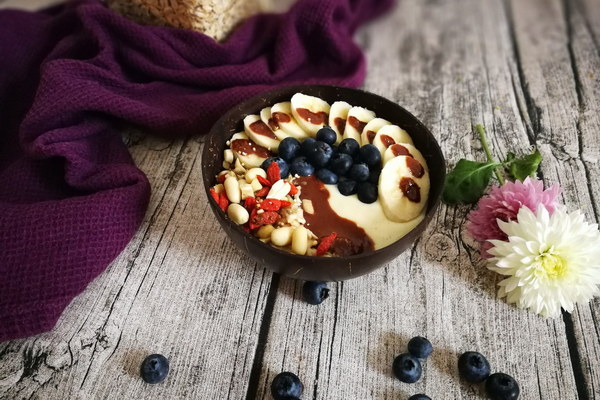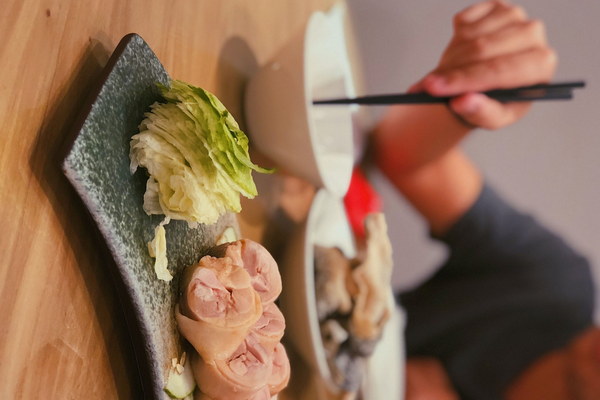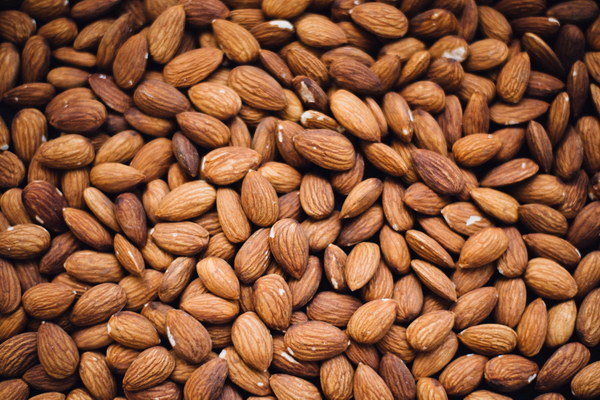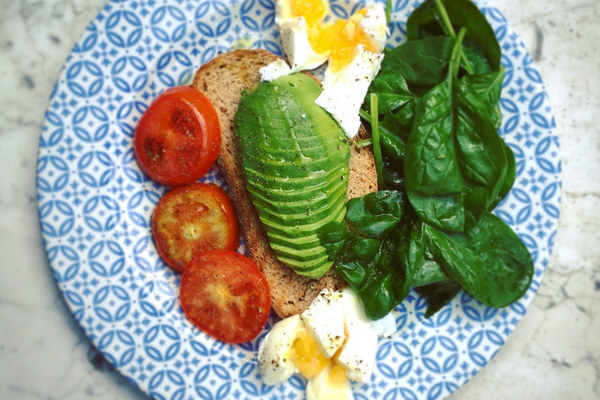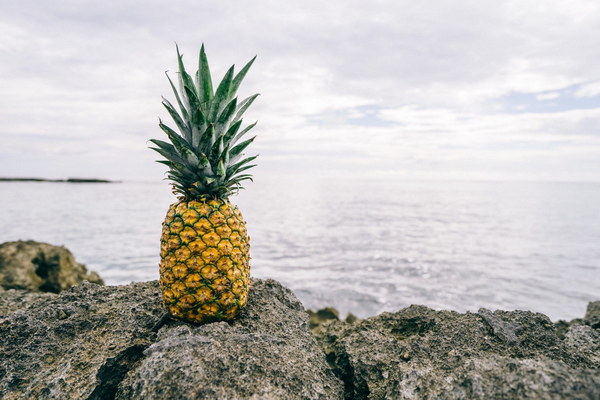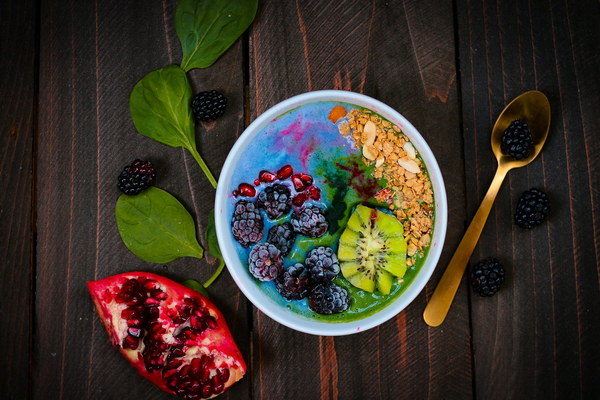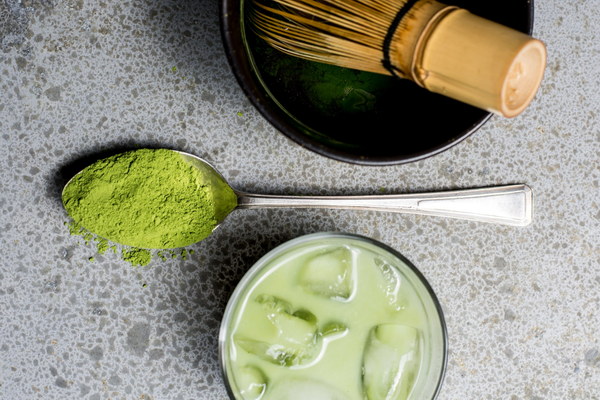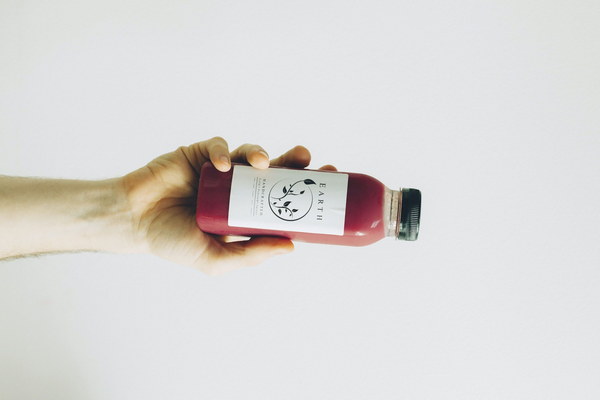Nurturing Liver Blood for Individuals with Spleen and Stomach Coldness A Comprehensive Guide
Introduction:
Spleen and stomach coldness is a common traditional Chinese medicine (TCM) diagnosis, often accompanied by symptoms such as fatigue, bloating, and loose stools. In TCM, the liver is closely connected to the spleen and stomach, and a deficiency in these organs can lead to an imbalance in liver blood. Nurturing liver blood is essential for maintaining overall health and preventing further complications. This article will provide a comprehensive guide on how to nourish liver blood for individuals with spleen and stomach coldness.
1. Diet:
A balanced and nourishing diet is crucial for individuals with spleen and stomach coldness. Here are some dietary recommendations:
a. Consume warm, cooked foods: Warm and cooked foods help to strengthen the spleen and stomach, which in turn supports liver blood production. Avoid cold, raw, and difficult-to-digest foods.
b. Incorporate liver-nourishing ingredients: Foods rich in vitamins, minerals, and antioxidants can help nourish liver blood. Some examples include:
- Black sesame seeds: High in iron and vitamin E, black sesame seeds help improve liver blood circulation.
- Goji berries: Known for their liver-nourishing properties, goji berries can boost liver blood production and improve overall energy levels.
- Honeysuckle: A traditional Chinese herb that helps to clear heat and nourish liver blood.
- Chicken liver: Packed with nutrients, chicken liver can support liver blood health.
c. Limit sugar and refined carbohydrates: These foods can contribute to spleen and stomach coldness and hinder liver blood production.
2. Lifestyle:
A healthy lifestyle can significantly improve liver blood health for individuals with spleen and stomach coldness. Here are some lifestyle recommendations:
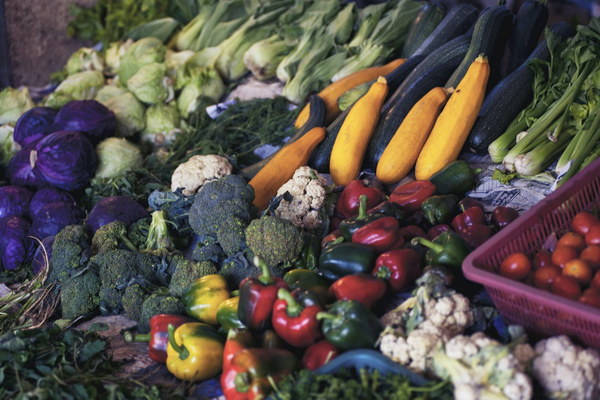
a. Regular exercise: Moderate exercise, such as walking, swimming, or tai chi, can help to stimulate the flow of blood and energy, promoting liver blood circulation.
b. Adequate sleep: Ensure you get enough sleep to allow your body to rest and regenerate. Aim for 7-9 hours of sleep per night.
c. Stress management: Chronic stress can negatively impact liver blood production. Practice stress-reducing techniques, such as meditation, deep breathing exercises, or yoga.
3. Herbs and Supplements:
Traditional Chinese herbs and supplements can be beneficial in nourishing liver blood and addressing spleen and stomach coldness. Consult a TCM practitioner before taking any herbal or supplement treatments. Some commonly used herbs include:
a. Dang gui: Known as a blood-building herb, dang gui can help nourish liver blood and improve overall blood circulation.
b. Chuan xiong: This herb promotes blood flow and helps to relieve pain, which may be beneficial for individuals with spleen and stomach coldness.
c. Bupleurum: Bupleurum can help to clear heat and nourish liver blood, addressing both spleen and stomach coldness and liver blood deficiency.
Conclusion:
Nurturing liver blood is essential for individuals with spleen and stomach coldness. By following a balanced diet, adopting a healthy lifestyle, and considering herbal and supplement treatments, you can support liver blood health and improve overall well-being. Always consult a healthcare professional before making any significant changes to your diet, exercise, or supplement regimen.

